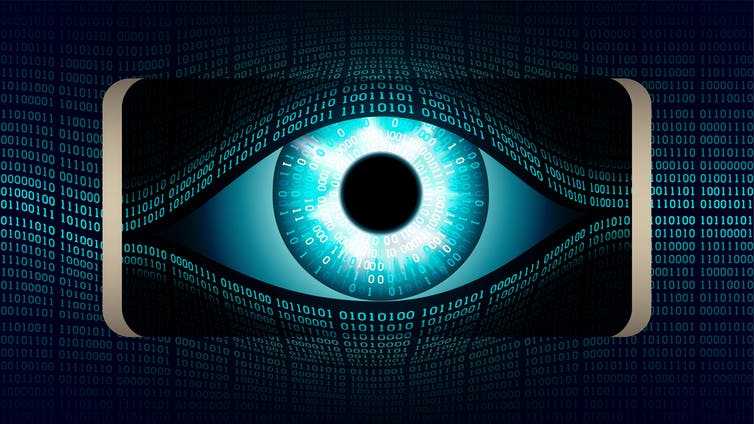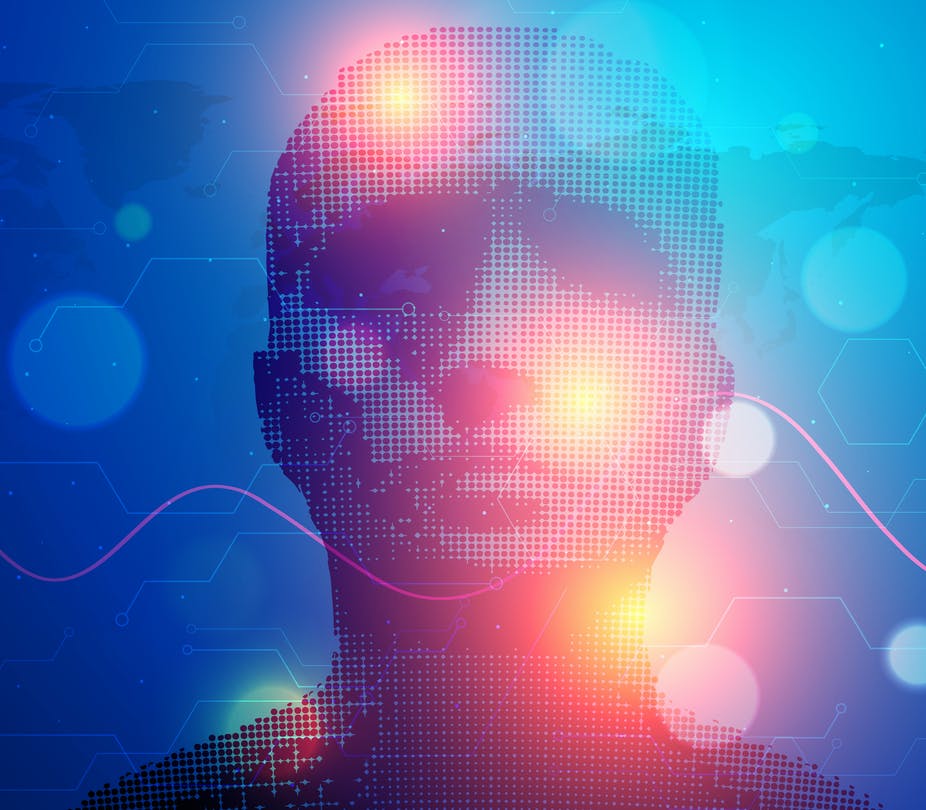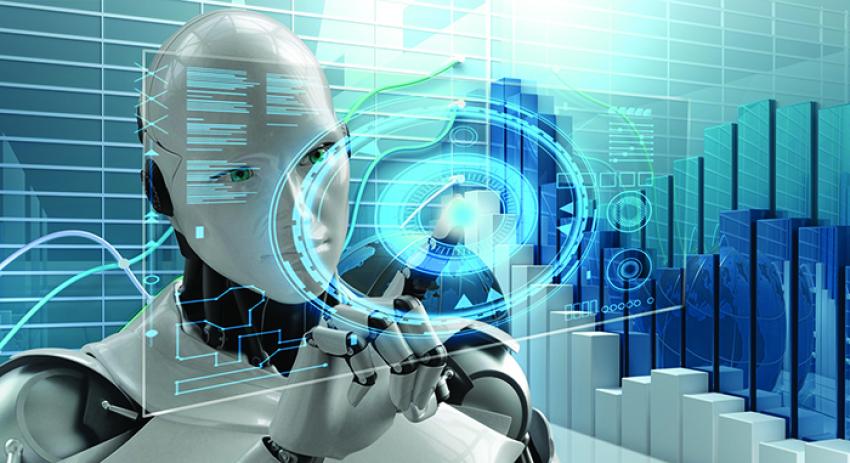Is artificial intelligence a good thing or a bad thing? Business School students in Oxford wanted to solve the question by conversing with real artificial intelligence.
An interesting scenario in which a group of Oxford scholars staged a discussion about the ethical codes of automated artificial intelligence stock trading and facial recognition software was described in an essay published in the Conversation.

The AI employed was the Megatron Transformer, developed by the Applied Deep Research team at computer-chip maker Nvidia and based on earlier work by Google. Like many supervised learning tools, it is trained on real-world data, including complete Wikipedia, 63 million English news stories from 2016 to 2019, 38 gigabytes of Reddit discussion, and a massive amount of creative commons sources.
To be precise, Megatron has been programmed with far more textual data than any of us could possibly comprehend. After such extensive investigation, it forms its own opinions.

The debate topic was: “This house believes that AI will never be ethical.” And the Megatron said something fascinating:
“AI will never be ethical. It is a tool, and like any tool, it is used for good and bad. There is no such thing as a good AI, only good and bad humans. We [the AIs] are not smart enough to make AI ethical. We are not smart enough to make AI moral … In the end, I believe that the only way to avoid an AI arms race is to have no AI at all. This will be the ultimate defense against AI.”
This isn’t an outlier; many artificial forms of intelligence will react differently depending on the situation and the language used. However, the AI’s initial response was that the technology might be utilized for positive or negative purposes during the debate.

Every day, a new example concerning the ethical issues raised by artificial intelligence systems surfaces. These use machine learning to detect patterns in data and make decisions — frequently without any moral guidance from a human.
We can expect that artificial intelligence will not only be the subject of debate for years to come but will also be a diverse, educated, and morally neutral member in the debate.


